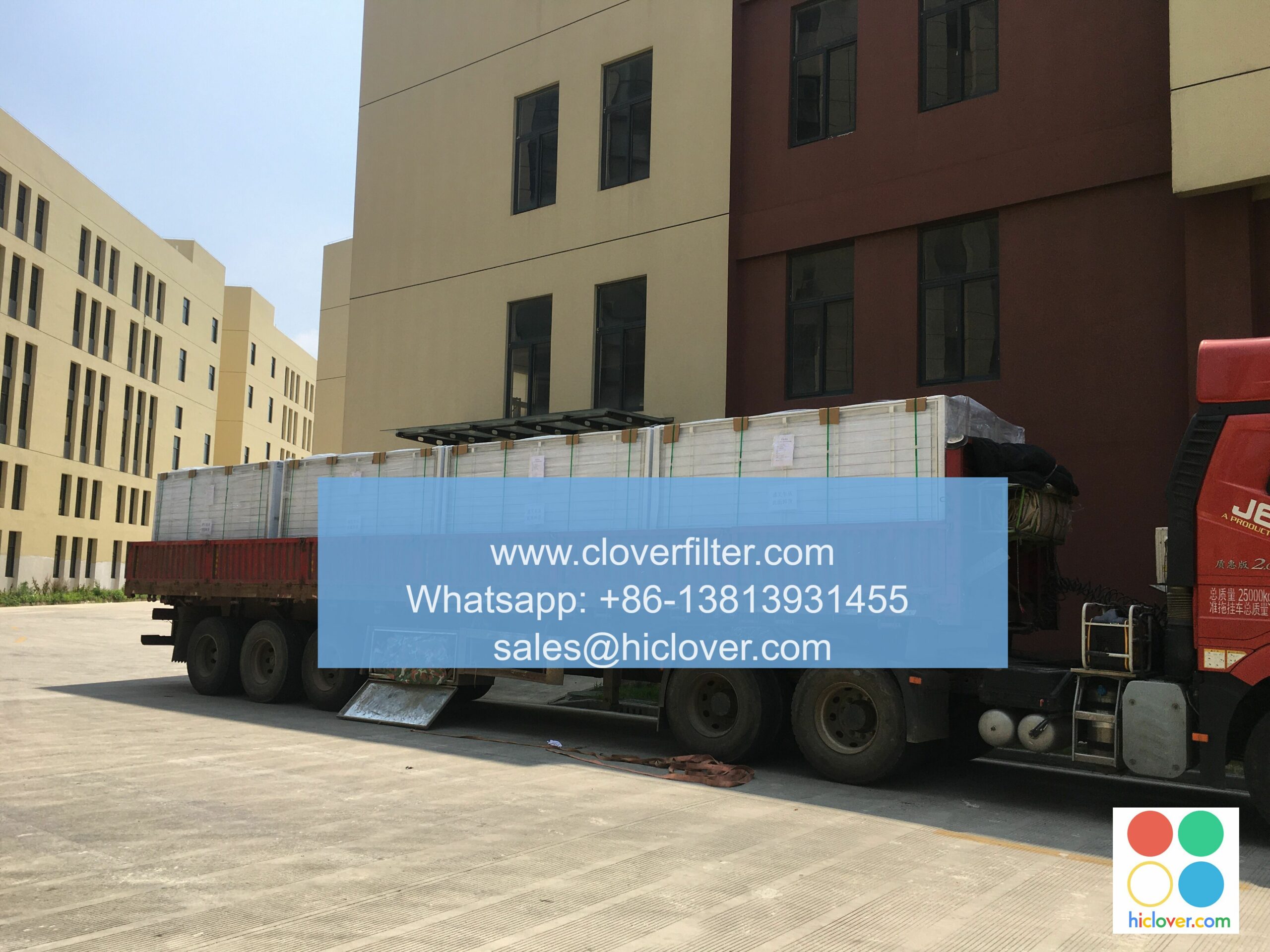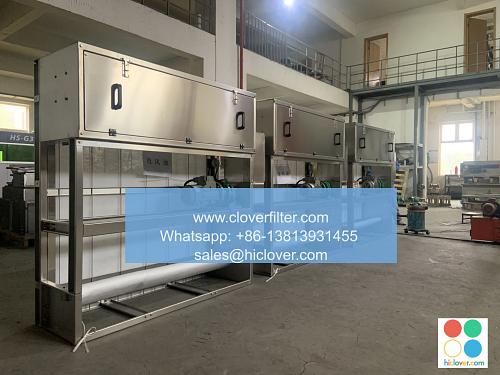Air Filter FAQ

As concern for indoor air quality and air pollution control continues to grow, air filtration systems have become an essential component of maintaining a healthy and clean indoor environment. In this article, we will address frequently asked questions about air filters, their importance, and various application areas where they are used.
What is an Air Filter and How Does it Work?
An air filter is a device designed to remove airborne contaminants such as dust particles, pollen, bacteria, and other pollutants from the air. It works by capturing these particles as the air passes through the filter, thereby improving indoor air quality and reducing the risk of respiratory problems. Air purification systems are available in various forms, including HEPA filters, activated carbon filters, and ionic air purifiers.
Types of Air Filters and Their Applications
There are several types of air filters available, each with its own unique characteristics and application areas. Some of the most common types include:
– HEPA filters: High Efficiency Particulate Air filters are capable of capturing 99.97% of particles as small as 0.3 microns, making them ideal for use in hospitals, clean rooms, and homes where allergy sufferers reside.
– Activated carbon filters: These filters are designed to remove odors and gases from the air, making them suitable for use in kitchens, bathrooms, and industrial settings.
– Pre-filters: Used to capture larger particles such as hair and dust, pre-filters help extend the life of other filters and are commonly used in HVAC systems and air purification units.
Benefits of Using Air Filters
The benefits of using air filters are numerous and well-documented. Some of the most significant advantages include:
– Improved indoor air quality: By removing airborne pollutants, air filters help create a healthier environment for occupants.
– Reduced allergy and asthma symptoms: By capturing allergens such as pollen and dust mites, air filters can help alleviate respiratory problems.
– Increased energy efficiency: Clean air filters can help HVAC systems operate more efficiently, leading to cost savings and a reduced carbon footprint.
Maintenance and Replacement of Air Filters
To ensure optimal performance and longevity, it is essential to regularly clean and replace air filters. The frequency of maintenance depends on various factors, including filter type, usage, and environmental conditions. As a general rule, air filters should be replaced every 1-3 months, or as recommended by the manufacturer.
Conclusion
In conclusion, air filters play a vital role in maintaining good indoor air quality and reducing the risk of respiratory problems. By understanding the different types of air filters, their application areas, and benefits, individuals can make informed decisions about which filters to use in their homes, offices, and industrial settings. Remember to always follow the manufacturer’s guidelines for maintenance and replacement to ensure optimal performance and longevity of your air filtration system. You haven’t provided a question or topic for discussion. Please provide more context or information so I can assist you. What’s on your mind?

